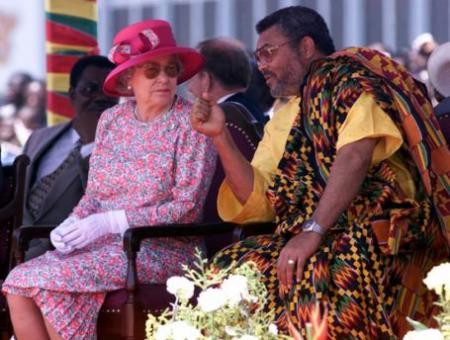by Jerome Conway
As Ghana celebrates its 60th year of independence from British colonial rule, Jerome Conway takes a brief look at the country's history.
THE EARLIEST humans in the west Africa region were hunter-gatherers. Groups then began settling in small communities with the development of agriculture and animal- rearing. Around AD1000, larger population centres formed.
By the time the Portuguese arrived in the 15th century, they found large African kingdoms already established.
In the 1600s, the Portuguese traded with the powerful Akan people of the Denkyira kingdom. The Akans controlled the gold mines (near what is now Tarkwa and Obusai).
With gold in reach of the many natural harbours, other European nations were eager to muscle in on the trade. The British eventually began to dominate ‘the Gold Coast’, as well as the region’s even more lucrative slave trade. Captives were supplied by the native Asante/Ashanti.
The slave trade was abolished by Europe in the early 1800s (1865 in the US). But the Ashanti had become powerful. They attacked the Fante peoples dealing with the British.
Like most other British colonies, the Gold Coast was ruled indirectly; the British worked through local chiefs. Sometimes, the British appointed rulers who were totally unacceptable to the local people.
Resistance to colonial rule emerged as early as 1897, with the Aboriginal Rights Protection Society. However, it wasn’t until after the Second World War and the call for ‘self-government’ by the Convention People’s Party (CPP) that a new constitution and elections came.
The CPP’s founder and leader was Kwame Nkrumah, who became head of the country. His government improved the country’s transport network and expanded the education system.
With the CPP winning a majority of seats, in 1957, Gold Coast became the first African colony to be granted independence in the post-war era. The country was renamed Ghana, but the nation fell massively into debt and political opposition was repressed. Nkrumah was deposed in 1966.
Over the following decades, there were a number of military takeovers and corrupt governments. Stable, democratic government returned in 1992 under Jerry Rawlings as the elected president.
With a multi-party system firmly in place, the current president is Nana Addo Dankwa Akufo-Addo, who was sworn in following elections in December 2016.
To read the full piece from The Voice, click here.

